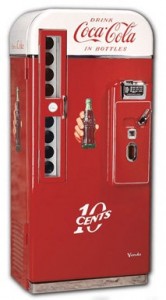 Early last month the Department of Justice filed a “Statement of Interest” in Migyanko v. Aimbridge Hospitality LLC¹ that should give pause to every business subject to Title III of the ADA; that is, every business. Two sentences from the Statement of Interest are of particular concern:
Early last month the Department of Justice filed a “Statement of Interest” in Migyanko v. Aimbridge Hospitality LLC¹ that should give pause to every business subject to Title III of the ADA; that is, every business. Two sentences from the Statement of Interest are of particular concern:
“The ADA Standards do not address every aspect of physical accessibility.”
and
“Of course, in the absence of specific requirements for bed height, hotels have some degree of flexibility in making reasonable modifications to provide usable beds for a person with a disability. This flexible standard is inherently fact-specific.”
To understand why these innocuous statements are of such concern requires a look at this case and the problems created when DOJ declares that something is discriminatory without defining what discrimination means. More





